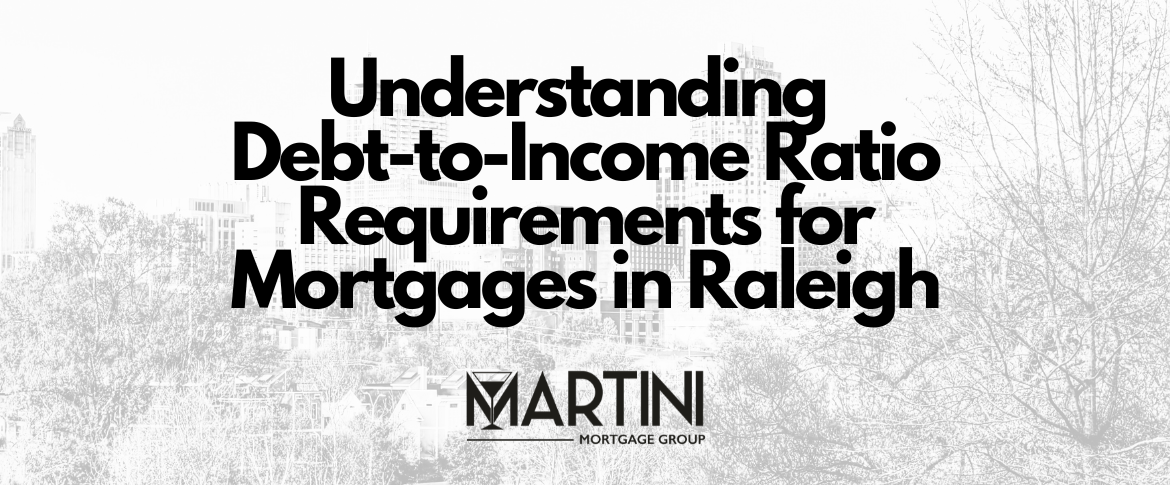Understanding Debt-to-Income Ratio Requirements for Mortgages in Raleigh
If considering buying a home in the Raleigh area and securing a mortgage, it is critical to understand Debt-to-Income (DTI). The DTI ratio is a crucial metric that Raleigh mortgage lenders use to evaluate a borrower’s financial health and ability…


